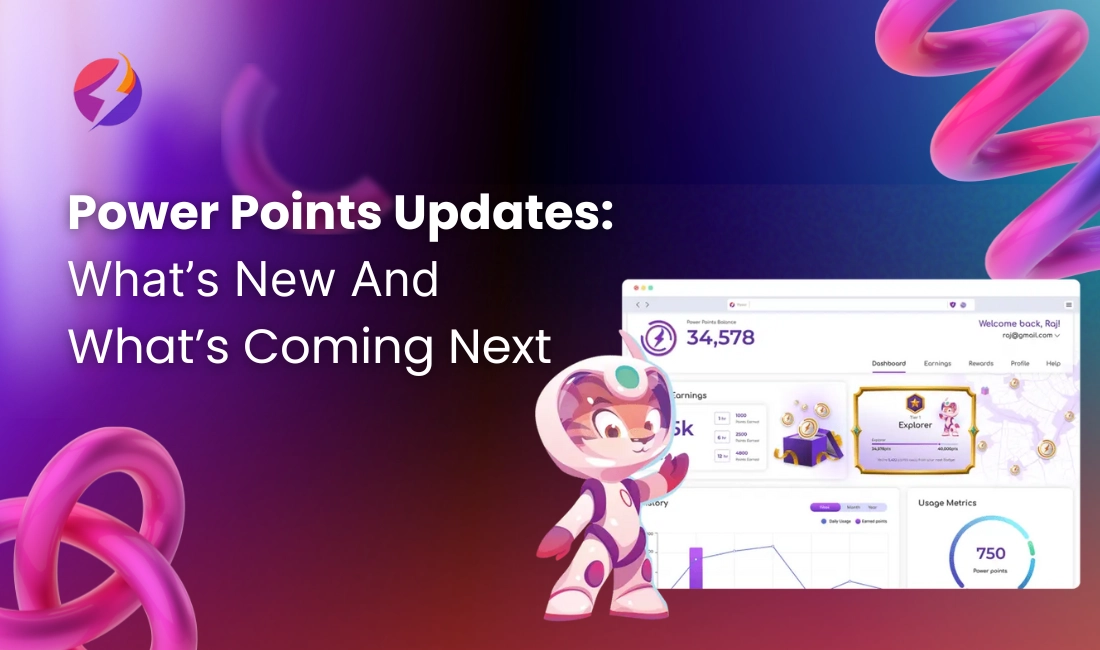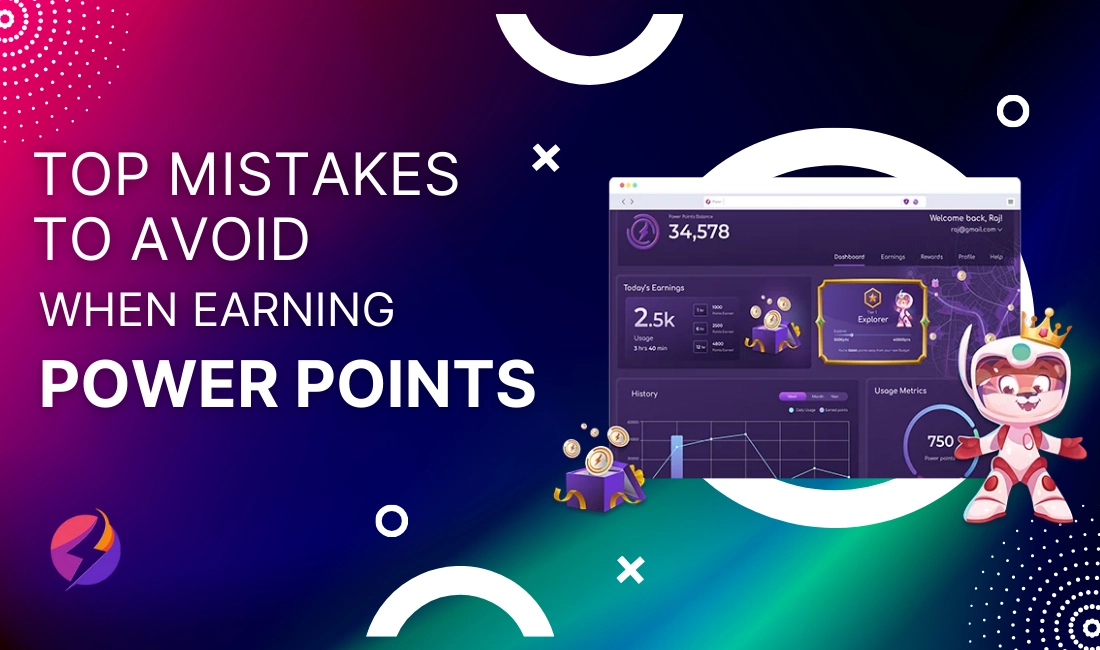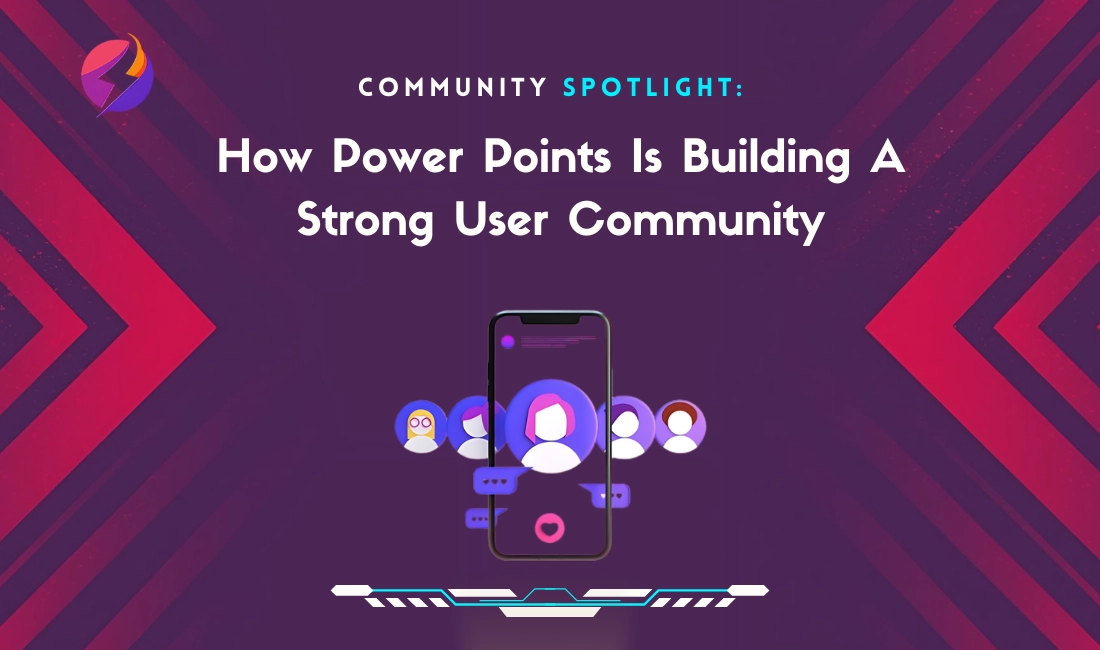To make better judgments, boost productivity, and deliver better products & services to their clients, businesses today seek to gather as much data as they can. Additionally, gathering information is simpler than ever in the current surroundings.
There are numerous sources you may use to obtain insight & boost performance, whether it’s keeping track of consumers’ purchasing patterns, observing trends in the larger market, or evaluating team performance to determine areas for improvement.
Of course, as the world’s media has moved online, advertising has followed behind. It seems like a new attempt to get a commercial message into the minds of new internet audiences every other day.
Many online business models depend heavily on advertising, and several innovations we have seen since Yahoo! However, with the expansion of the content, the function of targeted advertising is likely to shift.
Web2 businesses like Google, Facebook, Snapchat, Pinterest, and others currently control all online advertising revenue. These businesses sell and monetize user data to generate billions of dollars in advertising income, but users receive nothing in return.
They are secretive platforms that have complete control over the advertisements we see, our data, and how our data get used to creating money without offering us anything in return. A web3 player has the potential to upend this $600 billion business.
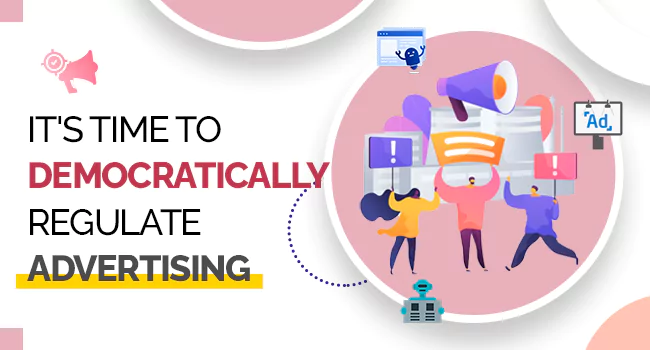
The ability to express oneself freely is now more possible than ever thanks to the open internet. Today, approximately 5 billion people globally have widespread free access to information, entertainment, news, education, and much more — all because of free and open internet. Anyone with access may share their point of view, their content, and their creativity.
The internet has democratized this incredible power more than any other transformative technology, making it just as potent as the printing press, electricity, and semiconductors in terms of how they changed the world.
Even though it is hardly acknowledged, advertising supports the viability and vitality of this free and open internet. Additionally, advertising technology ensures that any advertiser can contribute to funding the crucial work internet publishers do in producing content that engages, entertains, and satisfies the curiosity of audiences around the world.
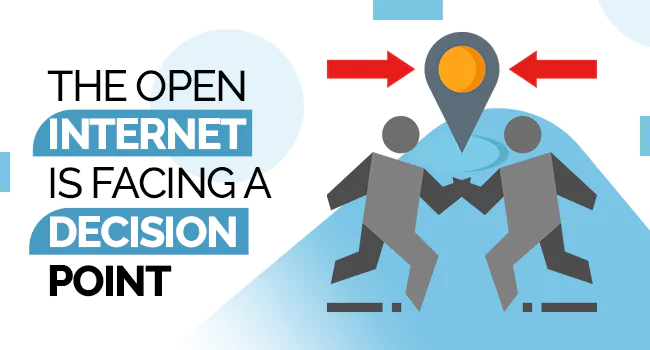
This symbiotic connection between marketers, publishers, and consumers is at a crossroads right now, and the future doesn’t seem as secure as it did a year ago.
The advertising sector faces several enormous and interrelated difficulties even with Covid-19 still fresh in the rearview mirror, such as-
- It’s time for regulation. Every industry participant must prioritize protecting consumer privacy and obtaining their consent.
- The technological move toward a post-cookie future will necessitate significant changes in almost every facet of the internet economy and result in the further engagement of power & influence within a strong digital gatekeeper.
- In addition, there are growing demands on brands, agencies, and publishers to increase productivity, make wiser choices, and locate, connect with, and engage new clients who will support the expansion of their companies.
- But when asked what their biggest concern is, publishers, brands, and agencies almost unanimously cite the continued concentration of advertising budgets in the hands of a small number of digital firms.
The great bulk of the rise in digital advertising spending is captured by these businesses, even if they don’t account for the vast majority of the online time or the creation of original content.
It’s possible that they have an influential say in the ecosystem’s rules and that they establish them in a possibly murky way. Possibly. This has been claimed and is the focus of multiple introspections that are still going on today.
Maybe they can impose changes that hurt everyone but themselves by having control over the operating system and browsers, which are the same instruments that we all use to access the open internet. Possibly. Investigations are ongoing about this as well.
While there may be good intentions behind these adjustments, we should not be fooled into thinking that the IT industry titans would prefer there be no open internet. They would be well-suited to having direct control over content available, such as through an app store, or indirect control over the ad tech stack and the subsequent allocation of advertising budgets.
This strategy, known as “digital colonialism,” facilitates the tech giants to fix the traffic laws & tolls while also reaping the rewards. The open internet as a whole, with its millions of websites, billions of users, and hundreds of billions of dollars in advertising spending, is a prime example of colonization, which rarely benefits the colonized. This is because content gets funding from advertising, which is a key contributor to global economic growth.
Do we enjoy a few mega-corporations having power over everything like that?
The two visions of wanting change and attaining it are separate. We cannot anticipate marketers, who are evaluated on the return of their advertising spend, to modify their spending habits unless we address the basic reasons for the spend imbalance.
And yet, the free and open internet can only be saved by this kind of reform.
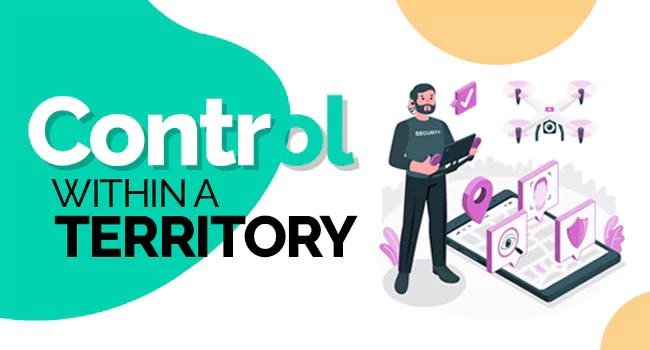
There is no debate about why walled gardens take up the majority of advertising budgets: The scalable data, machine learning, integrated tools, and user-friendliness of the walled gardens’ advertising make it effective and simple to implement.
When compared to the historical complexity of purchasing advertising on the public internet, Data processing solutions might take hours to produce a single report and frequently process erroneous third-party data sets. The lengthy configuration and ongoing monitoring of traditional demand-side platforms (DSPs) with their variety of levers is required.
The best endeavors of marketers to reliably reach their target audiences over the open internet get hindered by this patchwork of different tools and technologies. Open Internet advertising has found it difficult to match the simplicity, consistency, and performance at the scale of the walled gardens due to the decline of audience fidelity between planning, activating, and measuring, as well as the enormous complexity of tracking and adjusting countless campaign configurations.
The open internet won’t be able to receive its fair share of advertising money as long as this disparity persists.
It is crucial to democratize effective advertising for everyone, not just a select few, now more than ever. New data and machine learning solutions for the public internet already contend with the scalability, efficacy, predictability, and user-friendliness of walled gardens.
Open internet advertising can reach its full potential when companies like brands & agencies stake their bets on alternative ad tech platforms. Only then will we witness a world in which businesses have more power and can thrive on a free internet.
Currently, advertising revenues get split between the tech platform (google/Facebook), the advertiser (a brand), and the publisher (a news site), and users receive no compensation for this.
By cutting out Google as a middleman, Power Web3 Browser will promote direct communication between publishers and advertisers, with PowerDAO receiving a fraction of what Google formerly retained.
By returning ownership & control to users, Power Web3 Browser will alter and upend this system.
PowerDAO will own and administer Power Web3 Browser, and the holders of PWRDAO tokens will make all decisions regarding PowerDAO.
By granting users equal rights over ad money and guaranteeing that it profitably reaches them, PowerDAO will assist you in democratizing advertising.
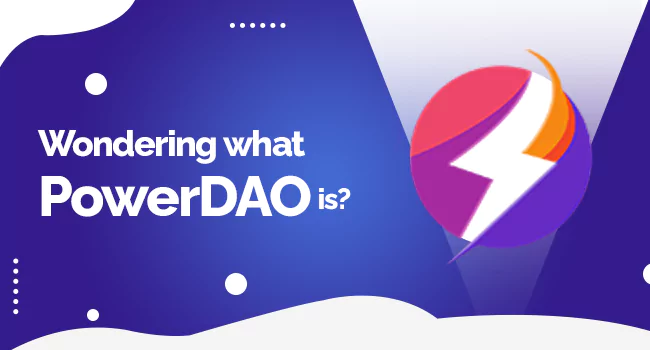
PowerDAO-
An independent software platform PowerDAO aims to democratize ad ownership and revenue sharing to reward people for their participation. A Web 3 browser that is ultra-secure, lightning-fast, and future-proof with limitless ad-rewarding capabilities.
Power Web3 Browser is redefining the web experience with ads. With a powerful firewall & VPN, you can also protect your online behavior.
PowerDAO is giving users more control over internet ads. With PowerDAO’s advertising browser, you may earn rewards in the safest way possible as it democratizes online advertising for you.
All modern internet users first access the internet through web and mobile browsers, so it’ll start there. The PowerDAO team will develop PowerSearch, a native search engine that will compete with Google search once they achieve a critical mass of users. Bing will currently power PowerSearch to get things going.
Users of PowerBrowser will receive PowerDAO tokens in exchange for watching and interacting with the advertisements they encounter while browsing the internet.
The PowerDAO ecosystem’s whole economy will run on PowerDAO tokens. Purchase and sale of advertising space, payment to users for viewing and interacting with adverts, etc.
With a fluid and dependable browsing experience, explore the world of Web 3. Utilize cutting-edge capabilities created for sophisticated surfing to explore the web without limitations.
Get Started With One Of The Most Secure Web Browsers


